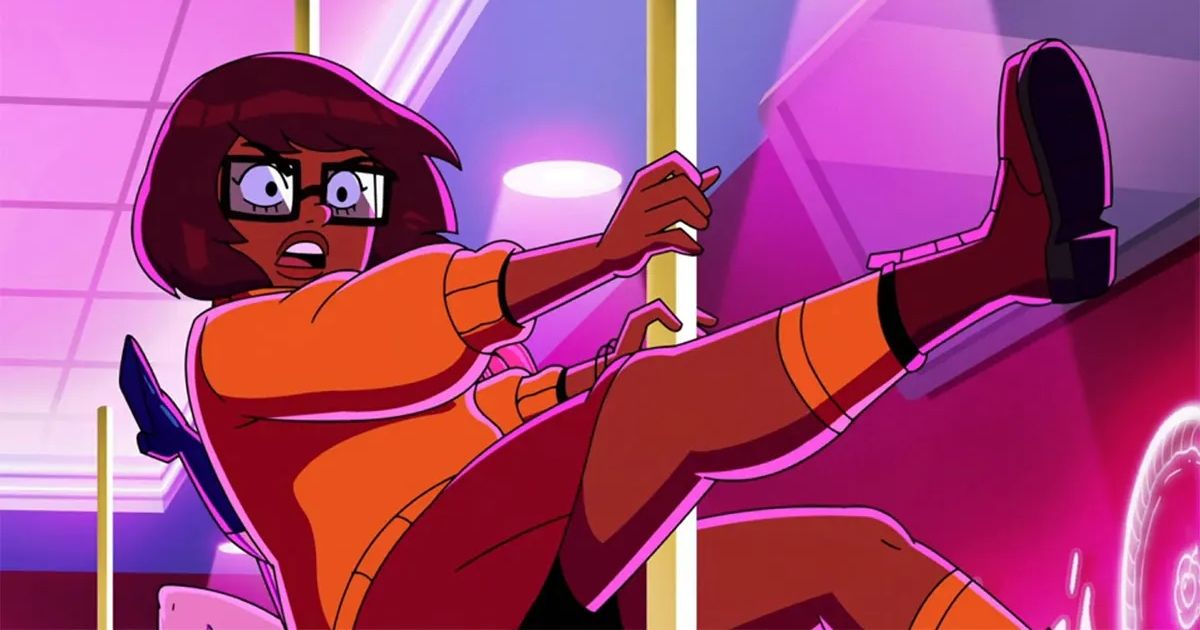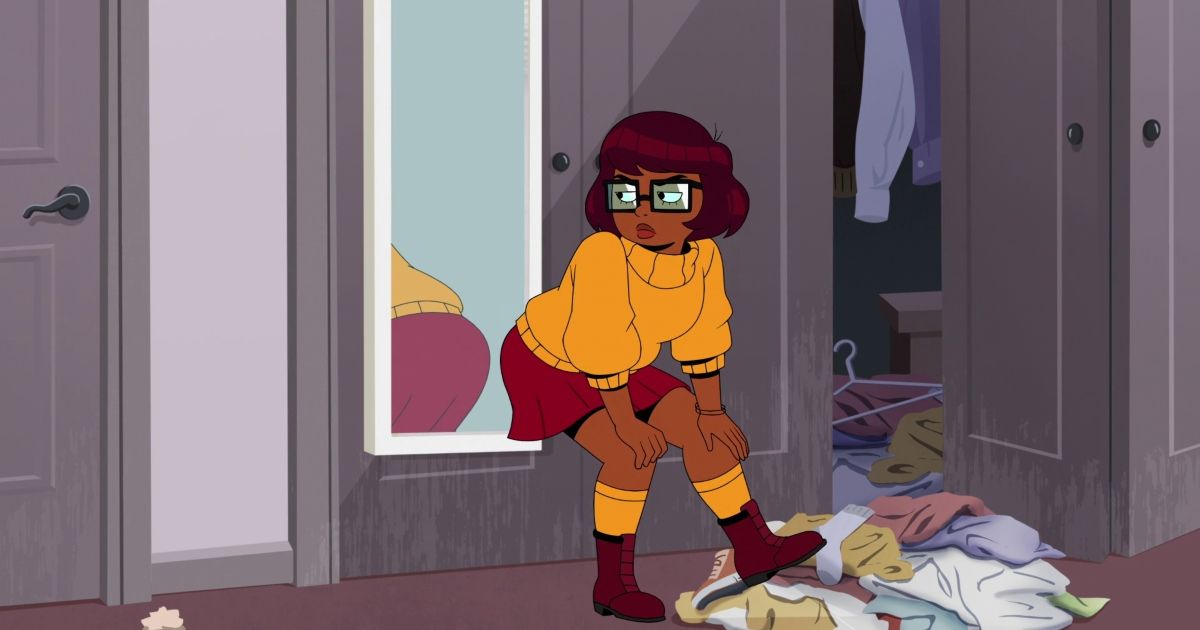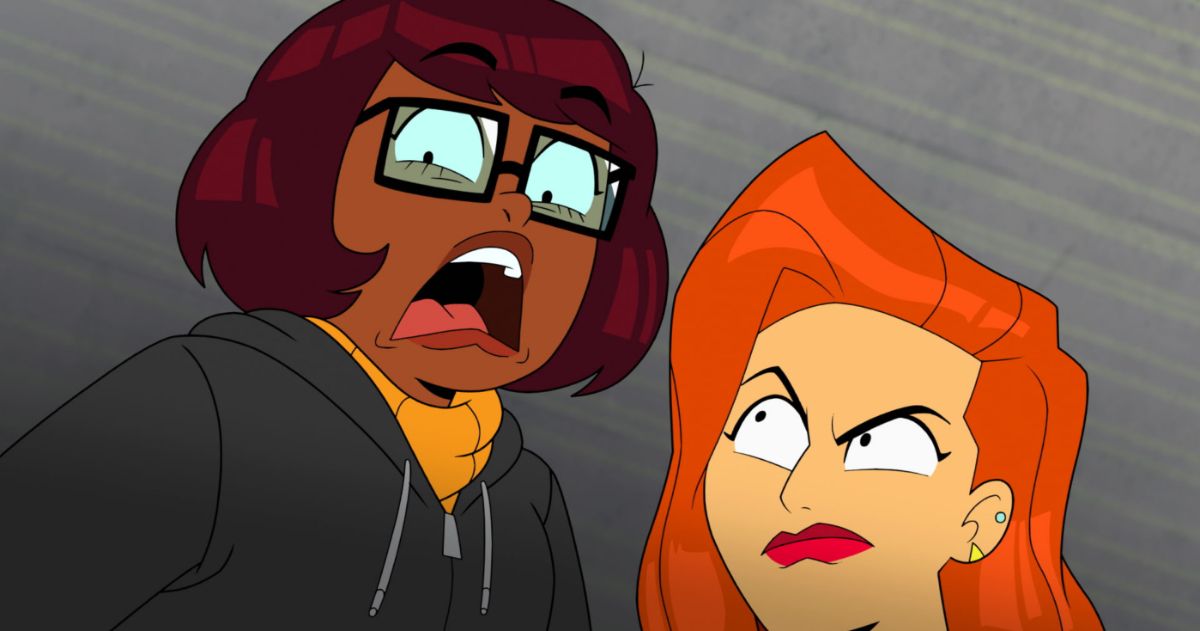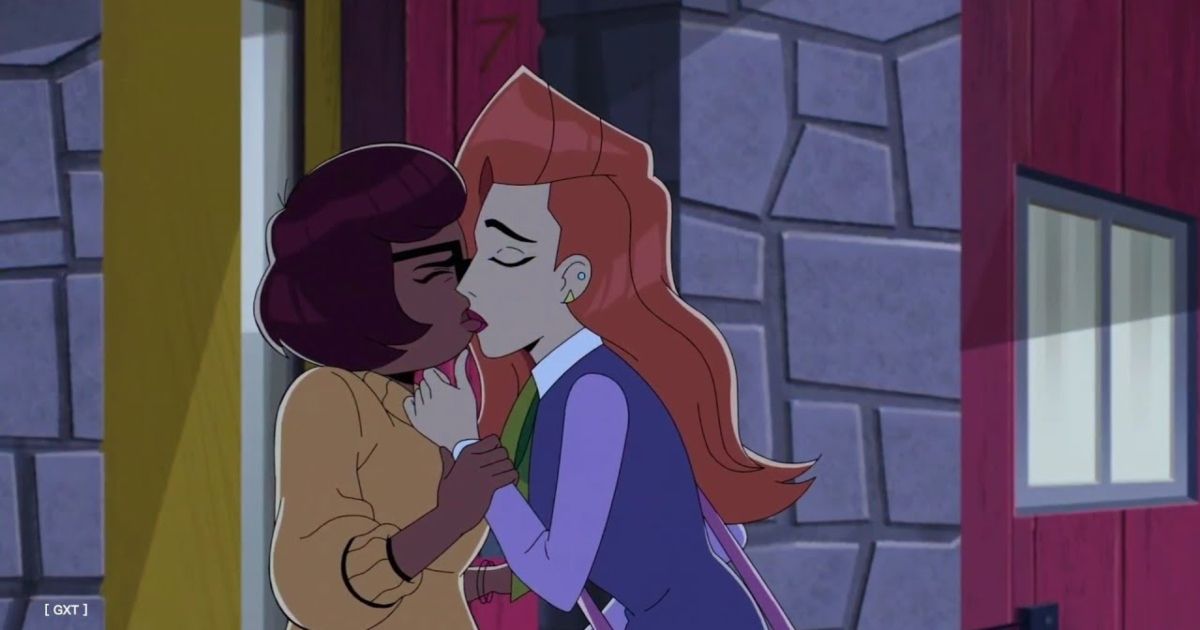As far as animated franchises go, Scooby-Doo has been one of the most enduring. Since we were all introduced to the world's most famous Great Dane (although Marmaduke may disagree) and his group of crime-solving friends back in 1969, the franchise and all its characters have become a firm favorite among entire generations of people who associate them with the nostalgia of their childhoods.
When HBO Max announced a spin-off animated series based on of the Scooby-Doo characters, there was initially much excitement among fans hoping to see a new rendition of the popular character. However, it was soon apparent that's where the nostalgia would end. The new show, Velma, quickly sought to distance itself from any aspects of the original character that it considered dated. It was quickly apparent that this version of the beloved character would be vastly different. However, many fans have since panned Velma for placing the cultural agenda of the show above all else.
Velma Uses Race and LGBTQ+ Identity Politics for Ratings
Billed as an origin story of the character, this has since become one of its biggest criticisms. The reason is that the original Velma character was a white American, whereas the new character has been race-swapped, and is now South Asian. Since the character is voiced by Mindy Kaling, who is of Indian descent, this evidently played a part in the decision to make such a sweeping change to the character's identity. This isn't inherently a problem, though it did perturb many. The problem is that the series is so in-your-face about its identity politics that its changes to the Scooby-Doo franchises feel like a willful distortion based on bad faith.
The changes didn't stop there though. Velma also differs from traditional tropes by being an R-rated series and also changing the races, sexualities, and identities of other famous Scooby-Doo characters too. In that regard, the characters Shaggy and Daphne are now Black and Asian respectively, while Velma's sexuality is also openly explored.
Again, this itself isn't necessarily bad (they're cartoons); they just change so much, that it might as well have not even been a Scooby-Doo spin-off. In another glaring departure from the original franchise, Scooby-Doo himself doesn't feature at all. What's the point? It's almost as if Kaling and company made a completely original show, but just latched onto previously existing intellectual property in order to gain more rating and ruffle more feathers.
Velma's Cultural Obsession Kills the Comedy
While initially having a strong opening by being the most watched original animated show on HBO Max, the show's approval rating has since decreased dramatically. In almost every way, this is a result of the show distinctly favoring a glaring cultural stance over any attempts to actually make it funny or engaging in any other way, and that's perhaps where its biggest downfall lies. Despite the in-your-face changes to the main characters, most audiences may have been able to look past those aspects, or might have not cared about them at all, if they were left there.
However, the show doesn't do this. Instead, it uses them as pillars to directly challenge issues like racism in what comes off as entertainment that is culturally and politically charged. In comparison, Velma is like if the new Little Mermaid (which isn't a problem in itself) joined the Black Panther party and spent the runtime trying to defund the police. It's just so blatantly, ridiculously political.
By doing so, the show seems to display what may have been intended as an undercurrent of rebellion, but actually amounts to more of an elitist cultural statement — 'If you're not with us on those changes, then you're against us in every other way too.' When viewed in this manner, suddenly it becomes apparent that the show deliberately pays no heed to what the original beloved characters meant to generations of people, despite it being loved by all races and a diverse range of ethnicities, since Scooby-Doo is a globally loved franchise. The creators of Velma don't care about the audience — they care about how right their ideology is and how wrong everyone else is.
Cultural Agendas Often Receive Backlashes
Mindy Kaling herself confirmed that she is unfazed by what people think about the changes in Velma, when she spoke about it at the Warner Bros. Discovery Upfront presentation.
"Hopefully, you noticed my Velma is South Asian. If people freak out about that, I don’t care. Nobody ever complained about a talking dog solving mysteries, so I don’t think they’ll be upset over a brown Velma.”
However, whether the proponents of the show care or not about how it's being received, the backlash and concomitant audience approval scores appear to be taking a distinct stance against its clear cultural agenda.
Not uncommon in contemporary entertainment for some time now, so-called "liberal" TV has brought about endless examples of similar re-imaginings of iconic characters. The dominant attitude whenever such changes are opposed or disliked seems to consist of brushing them off as usually being misguided, hateful, or racist. However, is this always the reason behind why cultural or political agendas in TV shows face backlashes?
Audiences Can Be Diverse Too
Racist or otherwise unacceptable attitudes do exist among the backlash that often ensues whenever a re-imagined movie or show is deemed too "woke" by audiences. However, many people believe that this is also used to conflate a larger issue at play with extremist opinions.
The problem here may be that while the cultural agendas in shows like Velma often take a clear stance against distinct groups of people, such as white males or the patriarchy, they also fail to recognize that a far more diverse group of people may also have the same issues with them too, albeit for different reasons. It's very telling that people of all races, sexualities, and creeds have hated Velma. Take, for example, the delightful YouTube channel Brittany Reacts and her spot-on video, "Velma Was So Bad, I'm Questioning My Sanity." There is a diverse group of people that Velma is upsetting with its superficial politics.
A failure to recognize this simple truth seems to be proving more and more fatal to liberal movies and shows, since audiences are now regularly letting their opinions show through ratings and audience scores.
By bundling all opinions that reject cultural or political agendas being shoved down audiences' throats in with the extremist opinions of selected detractors, many major networks and studios appear to be facing the fallout from this in a financial sense. The question is, will their current opinions on cultural agendas in their movies and shows stay the same if the money keeps drying up?





